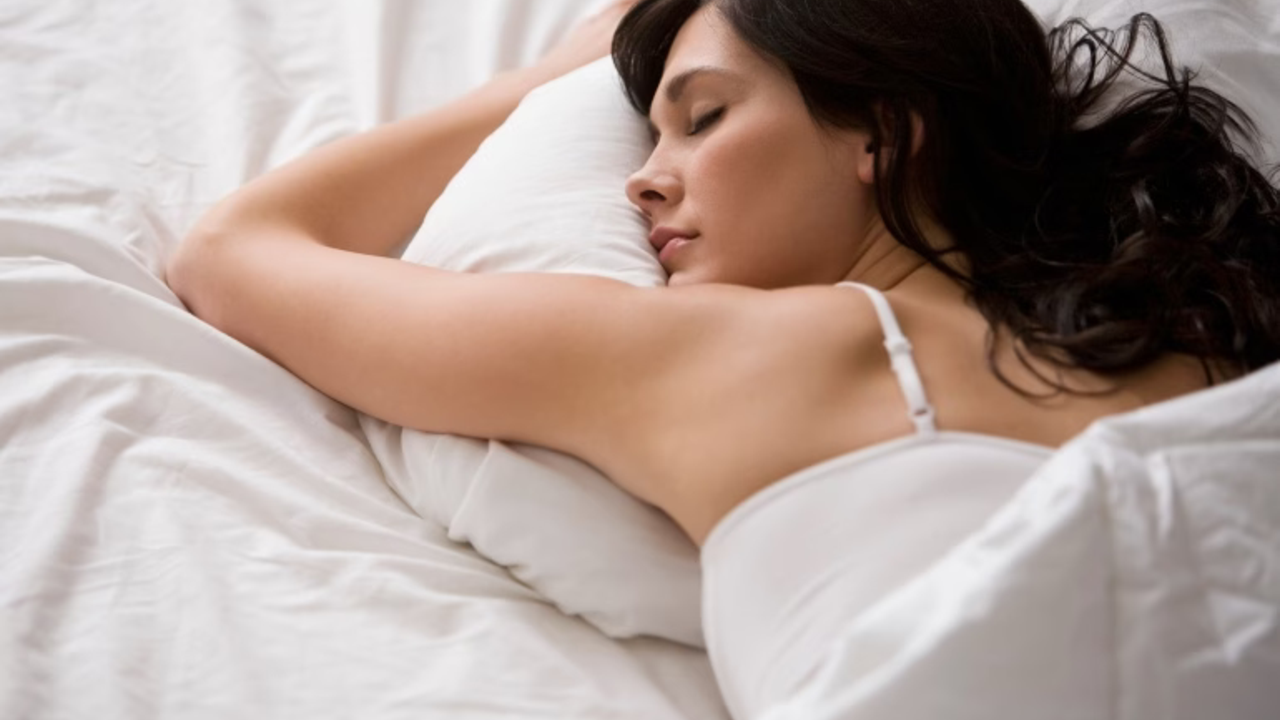

When sleep habits are disrupted, whether it’s due to the return from vacation or an abnormal event, it can be challenging to get some rest!
To finally get a good night of rest, it is crucial to reacquaint your body with healthy and restful sleep.
**Managing Post-Vacation Stress**
But how can you reset your biological rhythms and get back to resting in a balanced and healthy manner?
Establishing a Proper Sleep Routine to Sleep Well Again
Here are some tips from Emma – The Sleep Company and sleep expert Theresa Schnorbach.
Dinner is Your First Ally
For a sleep routine that allows for restful sleep, it’s essential to start with the food you consume for dinner; Adopting a balanced diet predisposes our bodies to healthy and regular sleep.
It is advisable to have light meals for dinner and stop eating at least three hours before bedtime.
“In every country in the world, individuals have their own sleep and food habits,” explains Theresa Schnorbach. “But avoiding stimulating foods such as sweets, alcohol, and coffee close to bedtime will help our bodies digest and fall asleep early, also facilitating waking up.”
Steam cooking, baking, or grilling are the preferred methods. Try to avoid having meat for dinner; Instead, choose recipes based on fish, grains, and vegetables, as they are rich in nutrients like melatonin and tryptophan, which help sleep induction. Fruits like kiwi and bananas, as well as dairy products like cheese and fresh milk, are also advisable.
No Screens for at Least 30 Minutes Before Bed
It is highly recommended to avoid TV, phones, computers, and screens in general for at least 30 minutes before going to bed.
Physical activity during the day is also essential to eliminate fatigue and promote restful sleep.
Establish a Bedtime Ritual
Setting a routine before bedtime, whether it’s reading a book, taking a shower or a warm bath, or listening to relaxing music, sends an important message to the brain and “initiates the process” of sleep preparation implicitly; It works for children and adults alike.
Use the Bed for Sleeping (Not for Working)
Avoiding doing other activities in bed will instill in the brain the belief that the bed is only for sleeping.
Limit Naps
For those who have trouble sleeping at night, it is essential to limit afternoon naps. If you can’t do without them, make sure they do not last more than 30 minutes to avoid disrupting the regular nighttime sleep pattern.
Ensure the Right Amount of Vitamin D
“With the days getting shorter and more hours of darkness, it becomes even more important to go outside and engage in physical activity. Vitamin D levels can drop if you’re not exposed to sunlight sufficiently, and this can have a significant impact on sleep.
“A low level of vitamin D increases daytime drowsiness and worsens the quality of sleep, which can be linked to a higher likelihood of sleep disorders. But going outside doesn’t automatically guarantee you’ll absorb enough vitamin D, especially for those working indoors all day,” adds the expert.
In this case, it is recommended to take vitamin D supplements under medical guidance.
Care for the Bed and Environment
For better sleep quality, it’s important to create a relaxed, quiet, and dark environment, paying particular attention to the quality of your pillow and mattress, choosing ones that meet your body’s needs, making sleep a real end-of-day treat.
Stick to a Schedule (Even on Weekends)
A proper sleep routine involves regular hours that should be maintained even on weekends, with exceptions being just that, exceptions.
While it may be challenging at first, after about two weeks you’ll feel better, and you won’t pay much attention to the alarm that goes off a bit too early.
**Can’t Sleep Tonight? Allow ASMR To Zone You Right Out**













